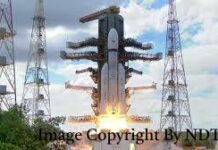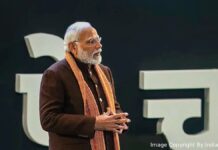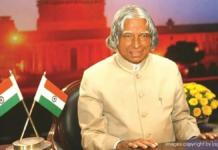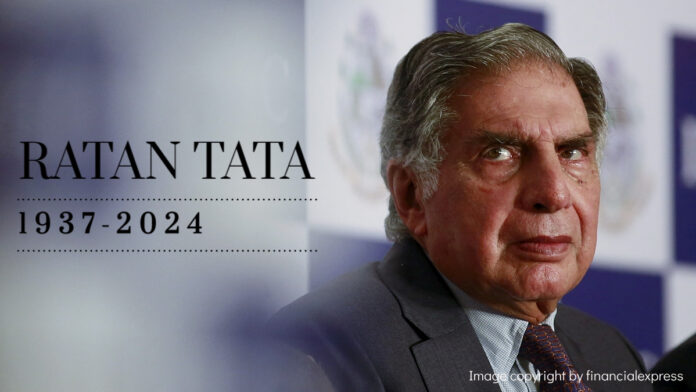Ratan Tata (1937–2024) was a legendary Indian industrialist, philanthropist, and former chairman of Tata Sons, the holding company of the Tata Group, India’s largest and most globally recognized empire. Born into the prestigious Tata family, Ratan Tata was educated at Cornell University and Harvard Business School. He began his career in 1962 working for Tata Steel, shunning a cozy office for hands-on experience on the shop floor. He rose to become the chairman of Tata Sons in 1991, succeeding J.R.D. Tata, and served in the role until his retirement in 2012, though he remained active in advisory roles thereafter.
He is widely regarded for transforming the Tata Group from a primarily India-focused company into a global powerhouse with key acquisitions like Jaguar Land Rover, Tetley Tea, and Corus Steel under his leadership. Tata’s leadership was marked not only by his business acumen but also by his deep commitment to corporate ethics, employee welfare, and nation-building. He spearheaded the group’s international expansion and diversified its portfolio into new industries such as telecommunications, information technology, and automotive. Notably, the Tata Nano, the world’s cheapest car, was launched during his tenure.
Tata received numerous honors during his lifetime, including India’s second-highest civilian award, the Padma Vibhushan, and international recognition for his contributions to business and humanitarian. In addition to his business success, Ratan Tata was a tireless philanthropist. He was involved in a wide range of charitable activities through the Tata Trusts, which own a majority stake in Tata Sons. His work in education, healthcare, rural development, and disaster relief has had a profound impact across India.
India mourns the loss of Ratan Tata, a towering figure in the business world and a symbol of integrity and philanthropy. The 86-year-old passed away on October 9, 2024, after battling a prolonged illness. From steering the Tata Group into global prominence to his tireless dedication to humanitarian causes, Tata’s legacy transcends business. He was a mentor, leader, and a true nationalist whose compassion and vision shaped India’s future.




















